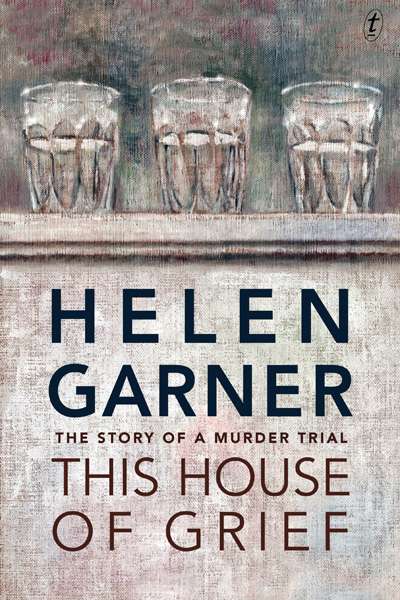Non Fiction
One afternoon some three decades or more ago in a stuffy conference room at W.W. Norton & Company, the New York publishing firm where I then worked, the semi-annual sales conference was underway. Assembled were the national sales reps and the marketing team, members of the editorial board, the publicity director and senior publicists, and our president and chairman. A formidable array for editors to face – especially young ones, as I was then – as they presented their upcoming books on the next seasonal list.
One had about three to five minutes tops (though this was often honoured more in the breach, to the exasperation of the audience) to get across to the reps – a fairly jaded lot, but for the most part tolerant of newbies like me – an idea of a book’s content; its main sales points; a run-down of competing titles; any scintillating pre-pub blurbs one had been able to secure; and a conviction-filled guarantee that the author was an absolute certainty to be interviewed on the Today Show.
... (read more)What makes a story compelling? When I was an undergraduate student at Deakin University, I was fortunate enough to be instructed in fiction writing by Gerald Murnane. His key criterion for the worth of a story was its capacity to mark his memory with an enduring image. Over time he used to cull books from his shelves that failed to impress him in this way.
... (read more)The Life of I: The new culture of narcissism by Anne Manne
The Australian sweet tooth and ongoing love of cakes and desserts is evident in two recent publications. Both cover the basics as well as offering more ambitious fare; they are good places to start if this is your thing.
Phillippa Grogan’s eponymous pâtisserie in Melbourne, established in 1994, offers the type of baked goods presented in this publication: breads, cakes and biscuits, quiches and tarts, superbly made and flavoured and stylishly presented. Novel at the time, the business rapidly became a success and has since expanded considerably. As is de rigueur nowadays for cooks, the book of the shop has followed: Phillippa’s Home Baking (Lantern, $49.95 hb, 313 pp, 9781921383311), co-written with Richard Cornish. Baking, more than any other type of cookery except confectionery, requires precision and accuracy, and this is reflected in the succinct, no-nonsense style of the clearly set out recipes and introductions.
... (read more)










